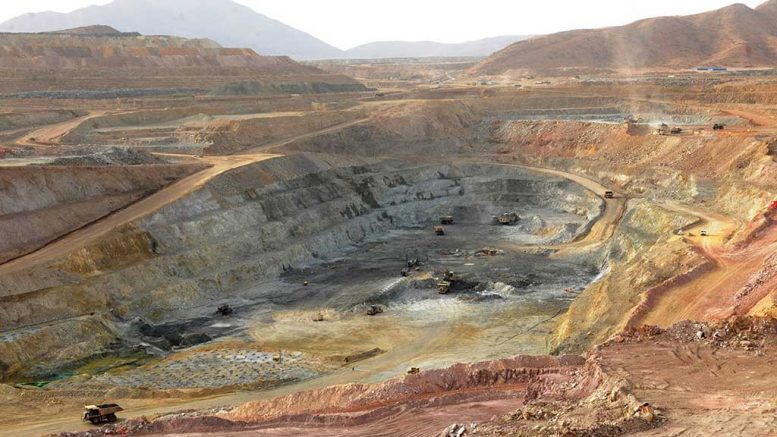Nevsun Resources (TSX, NYSEMKT:NSU) has lost its bid to have Canada’s Supreme Court throw out a lawsuit by former employees who say they were forced to work at the company’s copper-zinc Bisha mine in Eritrea, East Africa.
In its judgment, Canada’s top court determined that the plaintiffs’ claims may continue. Nevsun said that the question of whether the claimants will be allowed to sue the company for breach of customary international law (common rules of the international legal system), however, will be determined by the trial judge.
Established after the Second World War, customary international law holds that certain human rights abuses are so egregious that they should be policed internationally.
“Nevsun is a company bound by Canadian law. It is not ‘plain and obvious’ to me that the Eritrean workers’ claims against Nevsun based on breaches of customary international law cannot succeed,” Justice Rosalie Abella wrote on behalf of a majority of the court. “Those claims should therefore be allowed to proceed.”
The legal action, filed in November 2014, alleges the Vancouver-based company developed its flagship gold mine in partnership with the military dictatorship of Eritrea.
Central to the case are allegations that Nevsun engaged Eritrean state-run contractors and the country’s military to build the mine’s facilities and that the companies and military deployed forced labour under objectionable conditions.
The company denies all allegations and said it intended to “vigorously” defend itself in court. In legal filings dating from 2017, Nevsun said the Eritrean military never provided workers to the mine. Even if it did, the company argued, it was not directly responsible for employing them.
“There are contractual commitments in place that strictly prohibit the use of national service employees by Eritrean subsidiary Bisha Mining Share Company’s (“BMSC”) contractors and subcontractors,” Nevsun said on Friday, adding it did not intend to comment further on the judgment.
This is the third time that Nevsun has been unsuccessful in a bid to avoid a trial from this claim in Canadian courts.
“This is a huge victory for our clients in their struggle against massive odds to vindicate their rights,” Joe Fiorante, Q.C., of Camp Fiorante Matthews Mogerman LLP, lead counsel for the plaintiffs, said in a statement. “It means that Canada’s first mass tort claim for modern slavery will now proceed to trial.”
The United Nations has repeatedly said Eritrea’s national service program is “similar to slavery in its effects” — an allegation the government rejects. Eritrea, ruled by Isaias Afwerki, a former Marxist guerrilla leader since its independence from Ethiopia, sees conscription as crucial to its security.
Tensions remained high across the closed and heavily-fortified border until 2018, when Ethiopia launched a surprise diplomatic initiative that formally ended the state of war between the two countries.


Be the first to comment on "Nevsun loses bid to stop lawsuit over alleged forced labour in Eritrea"